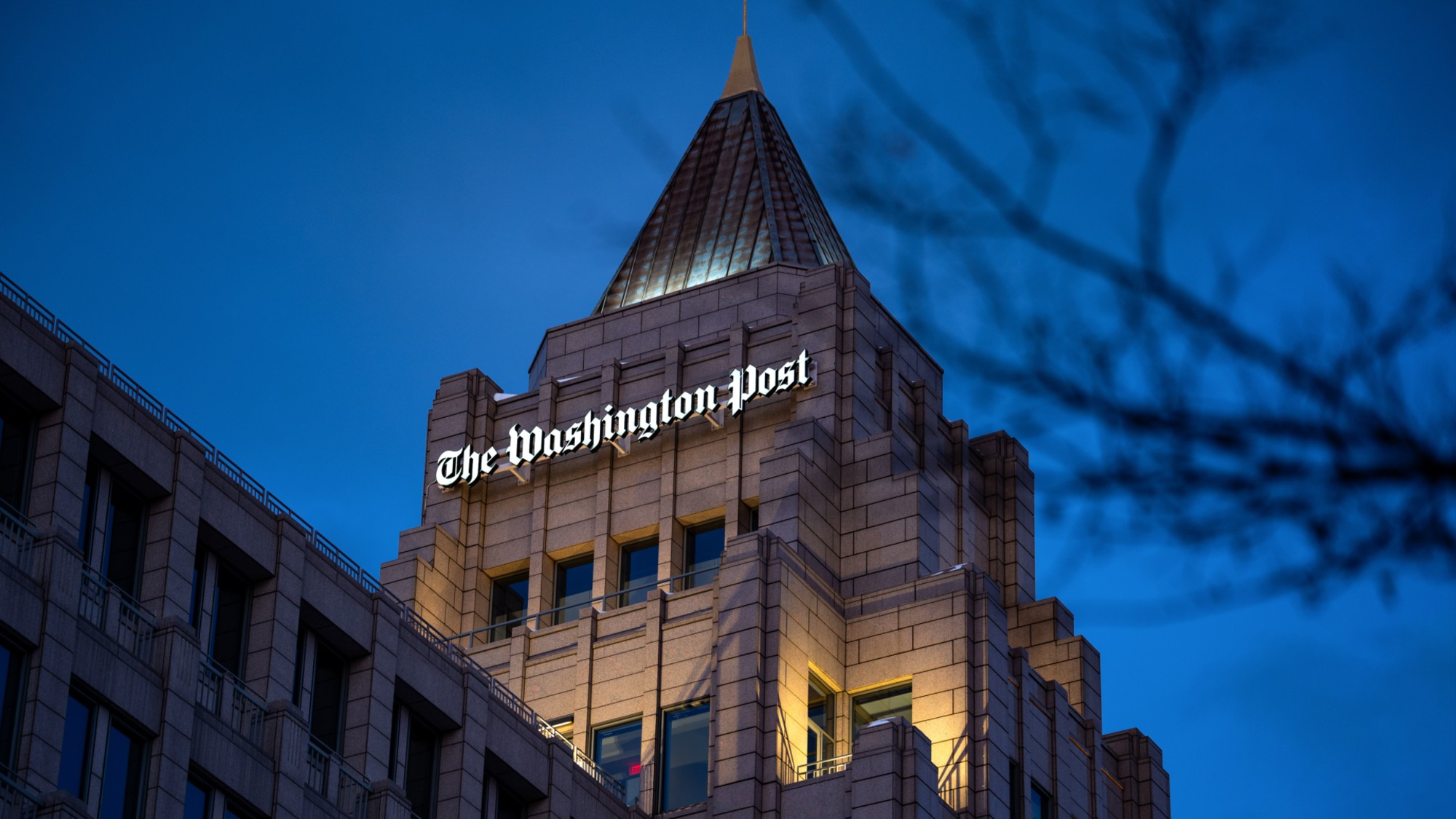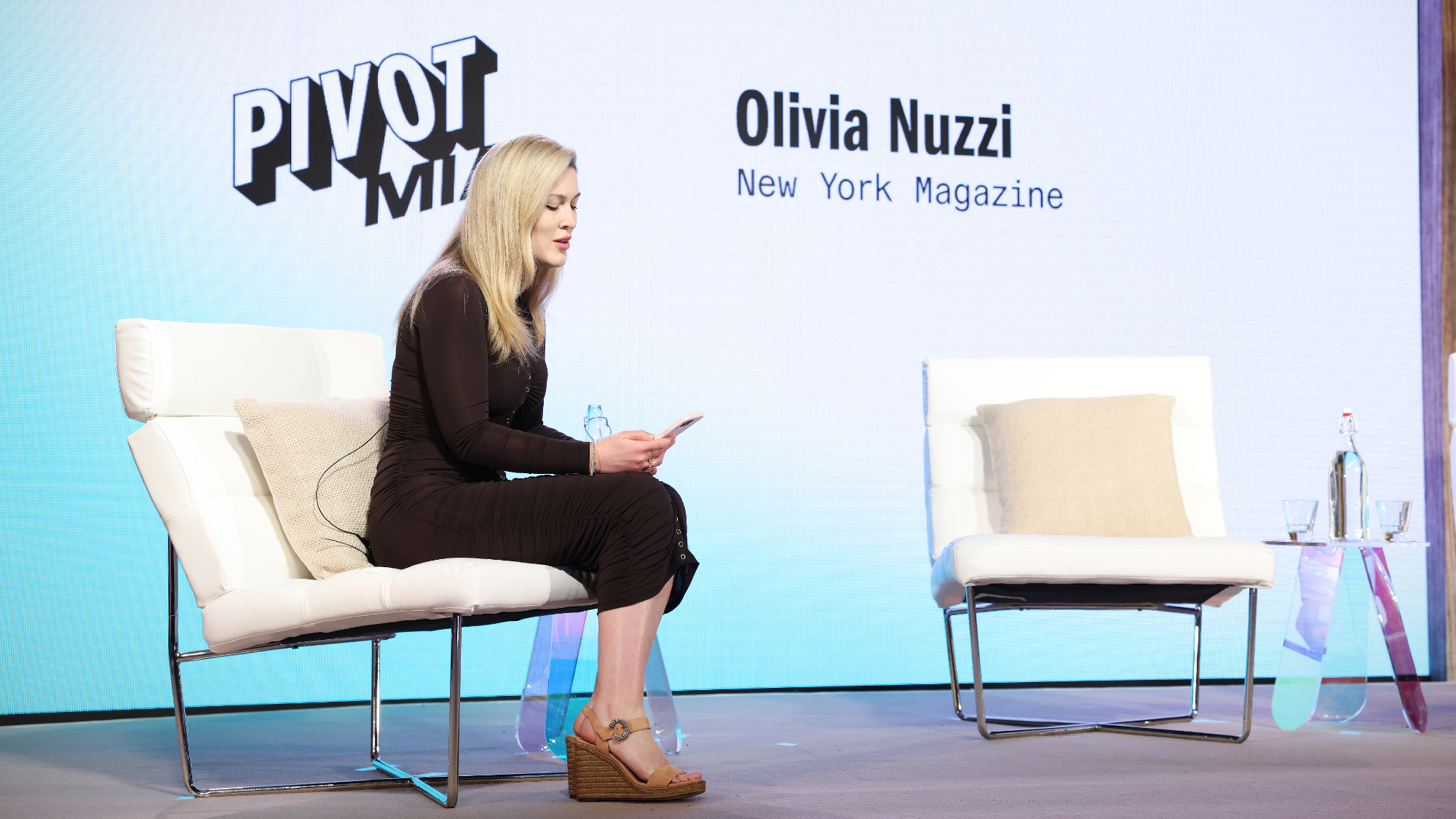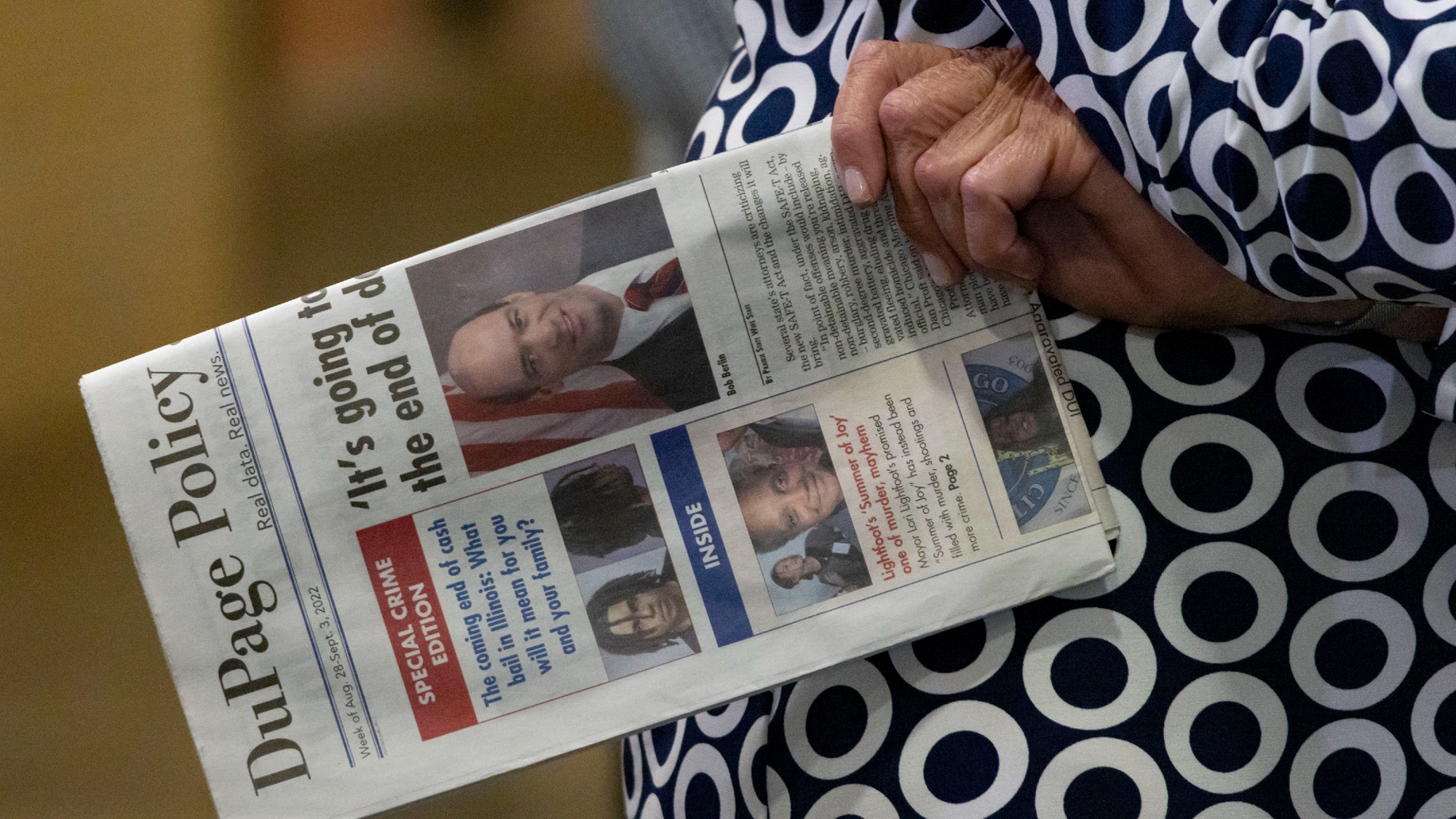Marie Claire to cease print publication after 31 years
Women's title to move online as magazine market suffers

A free daily email with the biggest news stories of the day – and the best features from TheWeek.com
You are now subscribed
Your newsletter sign-up was successful
Marie Claire magazine is to cease printed publication after 31 years, as the monthly women’s title becomes the latest in a string of magazines to move online.
Its owner, TI Media, which owns more than 50 titles in the UK, including Country Life, Woman’s Weekly, World Soccer and Wallpaper, has entered into consultation with the approximately 35 members of staff affected by the closure.
The most recent sales figures show the magazine had a circulation of 120,000 copies, but as The Mirror points out, more than 40,000 of those were given away free.
The Week
Escape your echo chamber. Get the facts behind the news, plus analysis from multiple perspectives.

Sign up for The Week's Free Newsletters
From our morning news briefing to a weekly Good News Newsletter, get the best of The Week delivered directly to your inbox.
From our morning news briefing to a weekly Good News Newsletter, get the best of The Week delivered directly to your inbox.
The BBC says it is “a sad day for magazines”, while The Guardian says the magazine market “has become increasingly tough as readers turn to digital media, where Google and Facebook dominate online advertising”.
Marcus Rich, the chief executive of TI Media, said: “For more than three decades, Marie Claire UK has led the conversation on the issues that really matter to women, from campaigning for women’s empowerment to climate change, while providing a premium fashion and beauty positioning that reflects their everyday lives.”
He added that there is “enormous potential” for its brand to drive its “ongoing transformation” by expanding its digital business, something which is a “key focus” for the company. Marie Claire will continue to be printed in other countries, including Australia, Argentina, France and the US.
Last year, Shortlist Media announced it would be shutting down the UK's biggest men's magazine, ShortList. In 2017, Conde Nast decided to cut the print edition of the fashion title Glamour, one of the biggest sellers in the UK, to twice a year in a shift to a digital-first strategy.
A free daily email with the biggest news stories of the day – and the best features from TheWeek.com
-
 The environmental cost of GLP-1s
The environmental cost of GLP-1sThe explainer Producing the drugs is a dirty process
-
 Greenland’s capital becomes ground zero for the country’s diplomatic straits
Greenland’s capital becomes ground zero for the country’s diplomatic straitsIN THE SPOTLIGHT A flurry of new consular activity in Nuuk shows how important Greenland has become to Europeans’ anxiety about American imperialism
-
 ‘This is something that happens all too often’
‘This is something that happens all too often’Instant Opinion Opinion, comment and editorials of the day
-
 The Washington Post is reshaping its newsroom by laying off hundreds
The Washington Post is reshaping its newsroom by laying off hundredsIn the Spotlight More than 300 journalists were reportedly let go
-
 Bill Moyers: the journalist who was the face of PBS
Bill Moyers: the journalist who was the face of PBSFeature A legend in public broadcasting
-
 How AI is offering journalists protection from persecution in Venezuela
How AI is offering journalists protection from persecution in VenezuelaUnder the Radar Media organisations launch news show hosted by AI-generated avatars to 'shelter their real-life journalists'
-
 Reporter on leave over alleged RFK relationship
Reporter on leave over alleged RFK relationshipSpeed Read New York magazine political reporter Olivia Nuzzi admitted to having a personal relationship with her subject
-
 Rupert Murdoch's behind-closed-doors succession court battle
Rupert Murdoch's behind-closed-doors succession court battleThe Explainer Media mogul's legal dispute with three of his children over control of his influential empire begins today
-
 The increasing ubiquity of 'pink-slime' journalism
The increasing ubiquity of 'pink-slime' journalismThe Explainer The issue is becoming more concerning as the US election draws closer
-
 The secretive practice of 'catch-and-kill' tabloid journalism
The secretive practice of 'catch-and-kill' tabloid journalismThe Explainer Outlets such as the National Enquirer have become infamous for using the practice
-
 Substack's moderation crisis: the revolt over 'Nazi newsletters'
Substack's moderation crisis: the revolt over 'Nazi newsletters'Talking Points Platform facing 'greatest crisis in its short history' amid writer exodus over hate speech vs. free speech debate